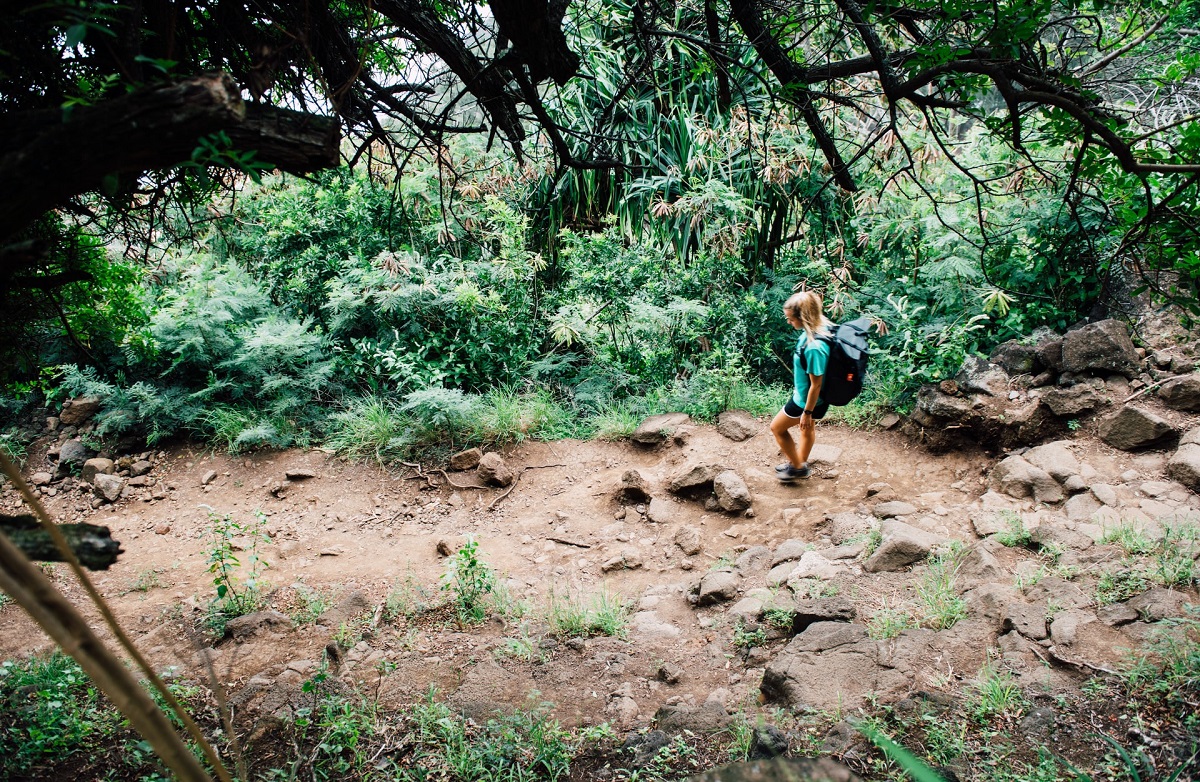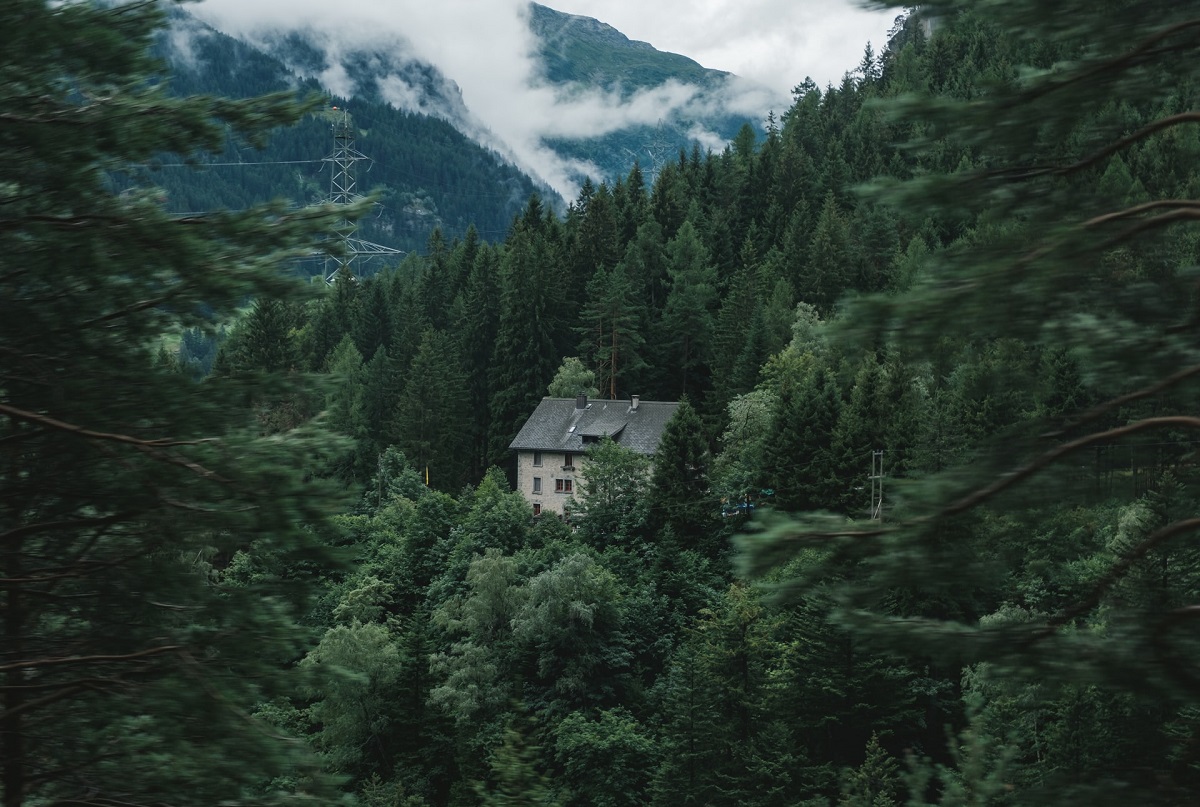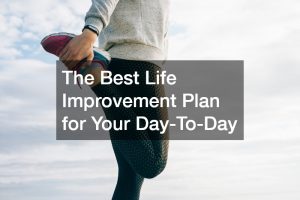In 2020, the world was struck by the COVID-19 pandemic, caused by a novel strain of the coronavirus. This aggressive version of the flu infected more than 3 million people in the span of 3 months and brought entire nations to a halt. Almost overnight, governments around the world instituted lockdowns and quarantines, forcing people to rely heavily on government aid and/or risky ventures out into supermarkets that practice social distancing. With a vaccine still years (possibly decades) away, this is the new normal.
Exacerbating the situation is social media, the birthplace of many an online argument that pits people’s politics, religion, medical views, and other opinions against each other. It’s no wonder, then, that many people are starting to consider living off the grid, completely cut-off from society and leading a simpler, cleaner, more sustainable life.
But is it actually possible? The short answer: yes, it is, and in fact, many people are doing it as we speak –although many live in self-sustaining communes rather than self-imposed isolation.
For the long answer, though, we need to look at some of the most important factors when it comes to living off the grid because, while it is definitely possible, it’s not as easy as packing up and living in the woods (although some people do that).
But first…
Define “Off-the-Grid”
 What exactly do you mean by ‘off the grid’? This is an important question to ask yourself because, depending on how extreme you want to go, there are different ways to perceive it.
What exactly do you mean by ‘off the grid’? This is an important question to ask yourself because, depending on how extreme you want to go, there are different ways to perceive it.
If by ‘off the grid’, you simply mean disconnecting yourself from mainstream media, both online and off, then this makes living totally off the grid easier: simply purchase land somewhere isolated, like in the woods or on a lakeside somewhere, and you’re good to go.
However, this means you’d still be somewhat reliant on the ‘outside world’ for most of your supplies, not to mention reliant on government services for potable water and electricity. If you want to completely sever ties with the world, there are some legal ramifications you might have to consider.
Sheltering Off the Grid
Again, it’s totally possible for anyone to live off the grid, provided they have the right shelter in place. Anything from a cabin-in-the-woods or lake house to something more sophisticated like an Earthship will meet your needs, but this, again, depends on how off-the-grid you want to go.
For the more extreme survivalist, an Earthship would be the best option. Earthships are a type of sustainable shelters built from upcycled materials and capable of generating power via solar panels. This means that Earthships are not only good for the environment, but it also allows you to completely disconnect from the public power grid. Earthships are also meant to serve as sturdy shelters that can outlive commercially-constructed houses because of its use of earth-packed bricks and ergonomic designs.
Creating Self-Sustaining Food Sources
Having a large piece of land allows you to have more space to ‘live off the grid’, which means you’ll have space for livestock, farm lands (if the soil is arable), greenhouses, and many more. This is essential when you’re willing to go off the grid, as food sources from city centers and other places will require you to have money, which might be problematic if you’re living off your land.
Many off-the-grid dwellers rely heavily on raising their own livestock and growing their own vegetables on their property. With the magic of the internet, learning how to do these things will be a breeze.
But even if you didn’t have dozens of acres to farm on, not to worry: hydroponics technology is at a point where it can allow people to grow sizable amounts of fruits and vegetables right in the comfort of their own home, leaving your land to be used for free-range livestock like chickens, pigs, and even a small herd of cows.
So it does seem like living off the grid is going to be easy, so what’s the problem?
The Government is Watching You
Be warned: most places in the United States have zoning requirements that force people to build houses with a mandatory minimum square footage, usually around 500 to 1000 square feet. Anything below that and you’ll have the G-man breathing down your neck in no time. You’ll also have to apply for a building permit, and you’ll have to make sure your building is up to code, from local and state-wide to federal and international.
Most rural areas in the country also have minimum lot sizes, usually in the order of 5 to 10 acres, and in some places, 20 to 40 acres, meaning that you won’t be allowed to partition off your lot anything smaller than that should you want a smaller piece of land.
 There’s also the problem of taxes. People living off the land might still need to pay taxes depending on where they live. In some cases, homestead exemptions are in place excusing people from paying property taxes if their dwelling is worth $50,000 or less. This might be possible if you build an Earthship and keep your other structures like barns, alternative power generators, hydroponics, greenhouses etc. to a minimum.
There’s also the problem of taxes. People living off the land might still need to pay taxes depending on where they live. In some cases, homestead exemptions are in place excusing people from paying property taxes if their dwelling is worth $50,000 or less. This might be possible if you build an Earthship and keep your other structures like barns, alternative power generators, hydroponics, greenhouses etc. to a minimum.
So yes, it’s completely possible to live off the grid, completely independent of government services, but it doesn’t mean that Big Brother isn’t watching you. If you’re going to go off the grid, make sure you’re not skirting any laws, just so you can get The Man off your back!



